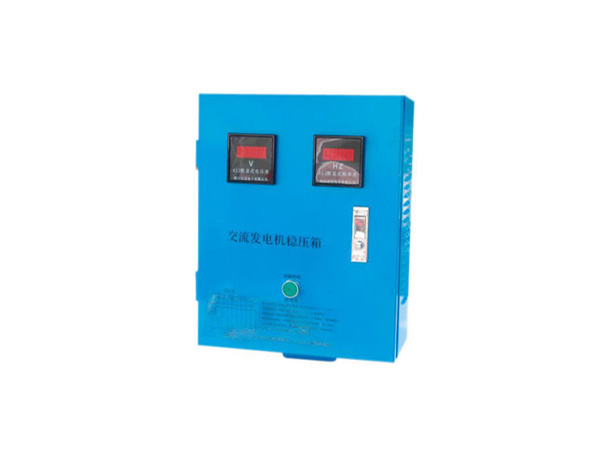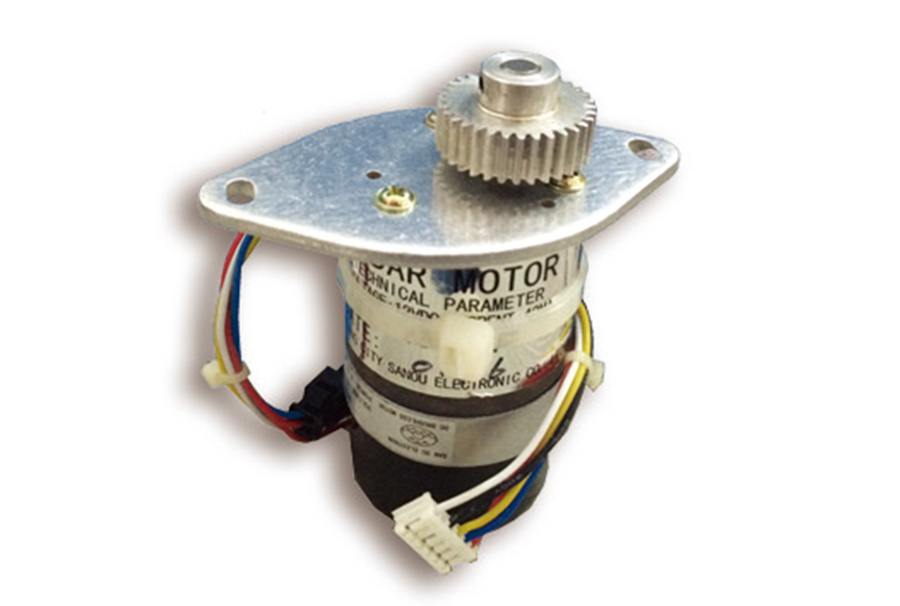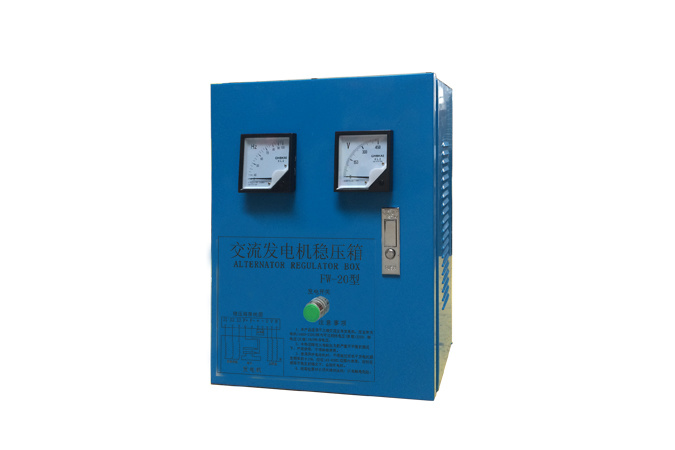News Center
Understanding the Functionality and Benefits of a 1 in 4 Out Signal Distributor
The operation of a 1 in 4 out signal distributor is relatively straightforward. It accepts a single input from a source, such as a camera, microphone, or sensor, and utilizes internal circuitry to replicate this signal across four separate outputs. This design not only simplifies the process of connecting multiple devices but also ensures that each output maintains the integrity of the original signal, minimizing the risk of degradation or interference.
One of the key benefits of using a 1 in 4 out signal distributor is its ability to streamline your setup. For instance, in a video surveillance system, a single camera can provide its feed to multiple monitors or recording devices without the need for multiple camera installations. This not only saves space and reduces costs but also simplifies the wiring and installation process, allowing for a more organized and efficient system.
In addition to its practical advantages, a 1 in 4 out signal distributor often incorporates features designed to enhance performance. Many models come equipped with signal amplification capabilities, which can boost the signal strength to ensure that it reaches all outputs without loss of quality. This is particularly beneficial in scenarios where the distance between the signal source and the output devices is significant, as it mitigates the effects of attenuation.
Moreover, the versatility of a 1 in 4 out signal distributor makes it suitable for a wide range of applications beyond broadcasting and data transmission. It can be utilized in educational environments, where one source can be shared across multiple classrooms or presentations, or in event setups where a single audio source needs to be distributed to various speakers throughout a venue.
In summary, the 1 in 4 out signal distributor is an essential tool for anyone looking to efficiently manage and distribute signals across multiple devices. By understanding its functionality and benefits, users can leverage this technology to enhance their systems, ensuring optimal performance and reliability. Whether for commercial or personal use, incorporating a signal distributor can significantly improve operational efficiency and effectiveness.
Related News
Understanding the Importance of a 12KVA Frequency Stabilizer in Electrical Systems
In the realm of electrical engineering, maintaining a stable frequency is crucial for ensuring that equipment operates efficiently and reliably. A 12KVA frequency stabilizer plays a vital role in managing electrical systems, especially in environments where fluctuations in voltage and frequency can lead to equipment failure or operational inefficiencies. A frequency stabilizer, as the name suggest
Discover the Unmatched Benefits of the Furuno 1832 Radar Motor for Marine Navigation
Explore the Advantages of the Furuno 1832 Radar Motor Table of Contents Introduction to the Furuno 1832 Radar Motor Key Features of the Furuno 1832 Radar Motor Performance Analysis of the Furuno 1832 Safety Benefits of Using the Furuno 1832 User Experience: Ease of Use and Installation Maintenance Tips for the Furuno 1832 Radar Motor Comparing the Furuno 1832 Radar Mot
Understanding the Functionality and Benefits of a 1 in 4 Out Signal Distributor
A 1 in 4 out signal distributor is a crucial component in various electronic systems, particularly in the realm of optoelectronics. Its primary function is to take a single input signal and distribute it evenly across four output channels. This enables the simultaneous transmission of the same signal to multiple devices or locations, which is essential in applications such as audio/video broadcast




